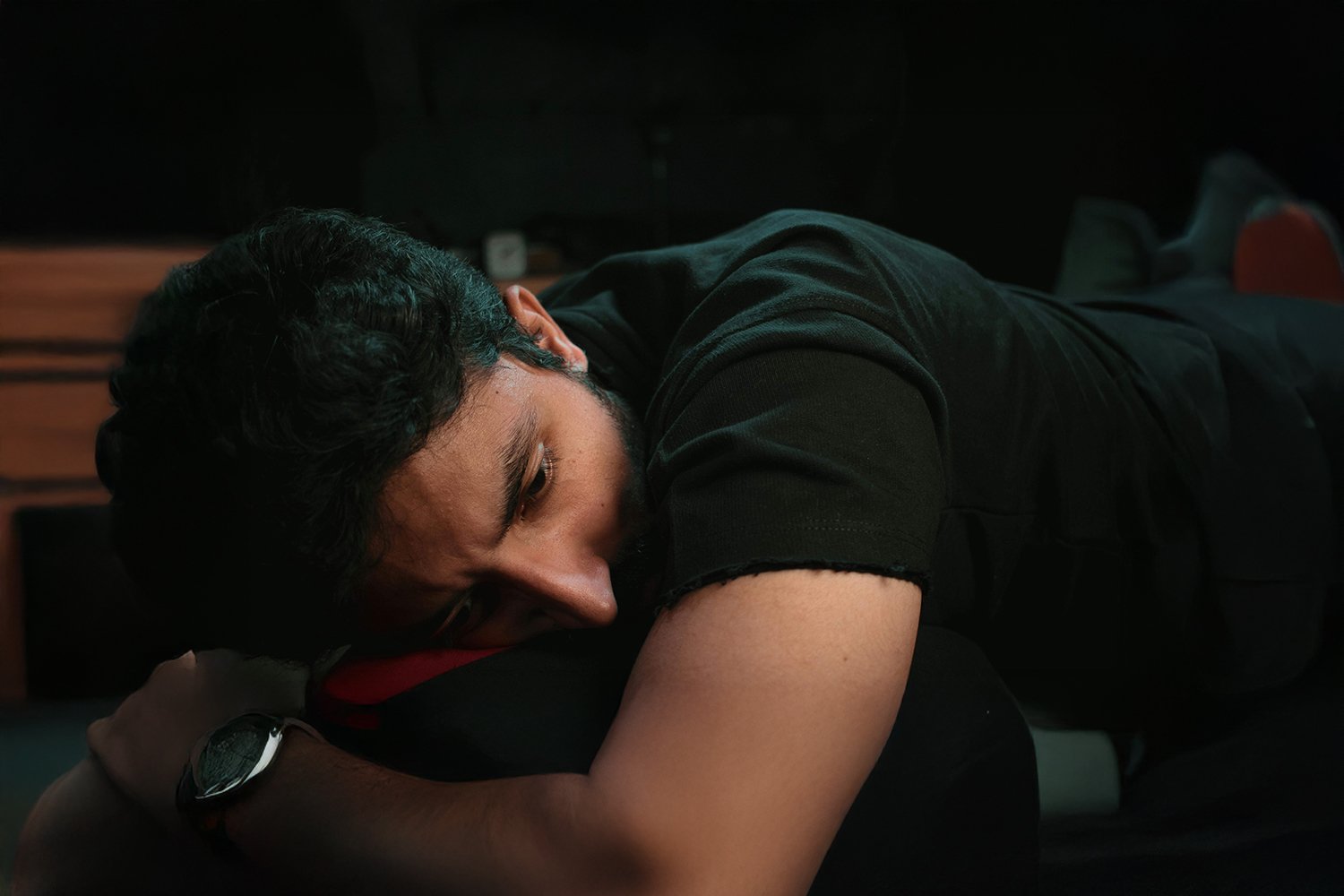Why White Knuckling Your Secrets is Bad For Your Health
Secrets Make Work
Most of us can remember a time when we were white-knuckled, clutching information that couldn’t be shared. Maybe you had the kind of secret that is short-lived and happy…a gift or a surprise. Or maybe you were holding something close that was deeply hurtful; something you couldn’t bear to tell someone else out of fear or dread. Whatever situation comes to mind, you probably associate that period of time with work. When we have experiences or information that we feel we can’t freely express, especially those that are traumatic and painful, we begin actively laboring to keep those things to ourselves. In essence, a piece of who we are has to be hidden away, even if just temporarily. We skirt topics, leave out key information, hide our feelings, or even self-isolate. We are unable to live uninhibited and the world suddenly becomes a much more dangerous place. Our secrets demand far more of us than casual avoidance; they demand an obsession for protection.
Sharing is Caring
In her 2010 book, Trauma and Addiction: Ending the Cycle of Pain through Emotional Literacy, Tian Dayton, Ph.D. spells out many of the ways trauma and addiction often go hand in hand, and how emotional awareness can change the plot. Dayton highlights the importance of sharing when it comes to past or even ongoing trauma. The act of inhibiting oneself or one’s experiences can mean the difference between lifelong pain and ultimate healing. Letting out our deepest secrets has several positive outcomes.
Sharing our trauma gives it language.
When we’ve never spoken out loud about a traumatic event, we are in some ways giving that event an almost magical role in our mental lives. The event is defying real language. It can evolve or morph into almost anything without accountability or witness, and it can be intangible, inaccessible, and feel too far beyond our grasp of understanding. But when we begin to communicate about the event using normal language, we are suddenly giving it flesh, making it easier to reach and grapple with and for our minds to wrap around.
Sharing our trauma heals our physical bodies.
Because our bodies are always working to protect and heal, holding on to upsetting information disturbs our natural bent towards peace, growth, and community building.
It’s true. Our bodies suffer when we’re holding onto pain. Think back on that time you kept a secret. You probably remember feeling more anxious, maybe losing sleep, or experiencing discomfort in your stomach, or muscle tension. Because our bodies are always working to protect and heal, holding on to upsetting information disturbs our natural bent towards peace, growth, and community building. Once we’ve told even one other person our worries or our experiences, those things become easier to carry. Letting your body continue its path toward healing is always more beneficial than keeping pain to yourself.
Sharing our trauma helps us find our community.
As Dr. Dayton mentions in her book, most cultures have a practice for opening up. Whether it’s dream sharing, therapy, or confession in church, humans have an innate sense of how much good sharing does. We were never meant to live alone, our minds wandering, our emotions holding us captive. We were meant to live in community with God and others, giving wisdom, receiving help, offering support, and being cared for by family and friends.
A Headstart on Healing
Dayton’s book gives a stunning example of two twin sisters who experienced terrible assault for many years throughout their childhood. One sister held her experience close and never told another soul what she had been through. She decided she was the root cause of her own pain and lived a life of isolation, denial, and confusion well into adulthood. The other sister, however, always acknowledged the abuse and while she didn’t have less pain to process, she was able to speak about and give language to her experiences when her sister couldn’t dare. They both had plenty of therapeutic work to do, but the second one had a headstart on her healing.
Expressing what we’ve done or what has been done to us is an integral part of our humanity as we relate to God and others. When we acknowledge our trauma, we can see where we’ve been, what we need, and how can we can live healthier lives.
Verified Reliable Sources for the Content in This Article: Trauma and Addiction: Ending the Cycle of Pain through Emotional Literacy
Put It Into Practice
Don’t let yourself fall into the traps of secret keeping or self-isolation.Reach out to a friend and ask them to hold you accountable in continuing to show and and share your painful experiences. That one friend should have the authority in your life to call you out and let you know something is wrong, even if you can’t see it for yourself. He or she should be able to tell you it’s time to stop isolating if you’re keeping too much to yourself. They should be able to say, “I see some unhealthy habits in your life.” and garner a humble, positive response on your part. Give that friend permission now before they need it and then commit yourself to a wider loving community that will work with you towards emotional awareness and a greater sense of health.



